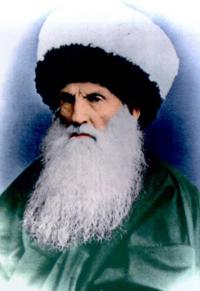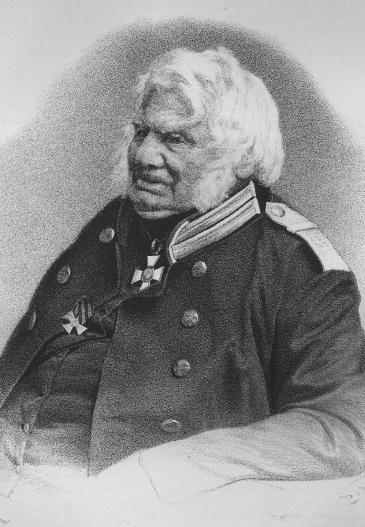Analyzing the causes of the Caucasian wars that occurred after the collapse of the USSR, one should take into account their historical background and the experience of resolving armed conflicts accumulated in previous centuries. General Ermolov deserves special attention.
Chechnya, to which he arrived in 1818, was a territory almost beyond the control of the empire. Villainy and robbery were the usual way of earning a livelihood, and there were, in turn, reasons for this. The soil had no agricultural value, the customs of the mountaineers were distinguished by cruelty and savagery. Criminals from other lands arrived here and were hospitably received.
The words that General Yermolov spoke about the Chechens may today seem insulting to representatives of this people. Methods of establishing order and the rule of law these days seem inapplicable because of their extreme cruelty. However, when assessing this outstanding personality, many aspects should be taken into account: both foreign policy and historical.
The way of life that emerged in Chechnya at the beginning of the 19th century did not allow us to hope for the possibility of its peaceful coexistence with states in which civilized legislation of any kind existed. The southern border of the Russian Empire was under constant threat from Persia and primarily Turkey. The presence of territories in which robbery flourished was of concern to Alexander I, but it should be assumed that if they were captured by their southern neighbors, they would inevitably be faced with the need to restore order in them, and most likely, in more cruel ways.

What opinion could General Ermolov have about the Chechens? In his letter to Alexander I, he calls them "all abomination", and defines the lands inhabited by them as "the nests of all the robbers." At the same time, taking up the duties of managing the province, this military general bothered to study the customs and customs of the people with whom he was to fight. The result of this research was the knowledge of the enemy’s command structure and decision-making mechanism, which later turned out to be very important.
What General Yermolov learned about the Chechens allowed him to conclude that negotiations were inappropriate . Any concessions, payment of ransoms for amanats and any gestures of goodwill turned out to be completely useless, moreover, they were harmful, because they were perceived only as a manifestation of weakness. The answer was the hostage-taking of local spiritual leaders and the ultimatum demands to lay down their arms. Several indicative reprisals, accompanied by mutual brutal bloodshed, showed that the words of the general did not differ from the deed.

For all the hatred that the mountaineers felt for Ermolov (and even scared children in his name), he enjoyed a certain authority and respect among them. In 1825, General Grekov (whom the poet and diplomat A.S. Griboedov called the "robber") provoked a rebellion with his senseless atrocities. Only General Yermolov could suppress the uprising. He knew enough about Chechens to understand their national psychology, which allowed him to alternate stiffness with generosity, and the mountaineers appreciated this. Much has been done by him to educate the local population, to introduce cultural customs into everyday life and relations.
Was General Ermolov a bloody colonizer? Quotes pulled from his letters do not give an objective idea of the relationship with the local population. It is enough to mention that his three sons, born from Circassian wives, besides Christian, also had Muslim names (Bakhtiar, Allahar and Omar). Recognizing the courage of the Chechens and their high fighting qualities, he did a lot to attract the mountaineers to the princely service.
Ultimately, it was precisely tough politics in the Caucasus that paradoxically created the conditions for the survival of entire nations. Barriers were placed for the suicidal customs of blood feud and civil strife, the war was stopped for a long time.
The first captive Shamil wanted to see in St. Petersburg was General Ermolov.